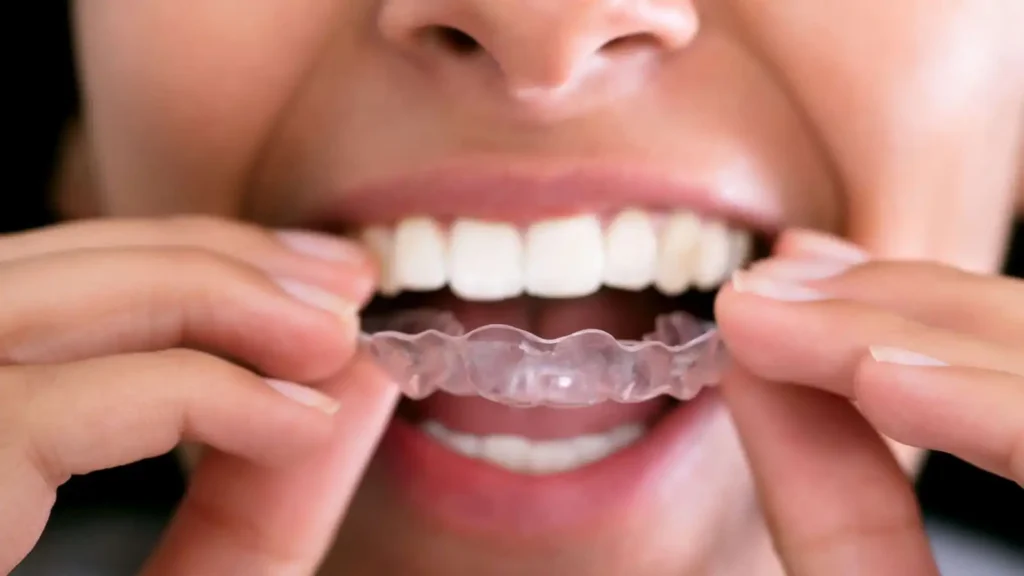Imagine a night when you can’t catch a wink of sleep, not because of insomnia, but due to constant noise. Not just any noise, but the sound of grinding teeth. It’s disturbing, to say the least. That noise could be a sign of something more serious – a condition known as Temporomandibular joint disorder, or TMJ for short. General Dentists have encountered numerous cases of teeth grinding and TMJ. Even a Temecula dental hygienist has had its fair share of interactions with patients suffering from these conditions. So, let’s delve into the world of dental health, and specifically explore the links between teeth grinding and TMJ.
The Connection between Teeth Grinding and TMJ
Teeth grinding, bruxism, and TMJ are often linked. Many people grind their teeth when they are stressed or anxious, or even in their sleep without realizing it. Over time, this constant grinding wears down the teeth and can damage the temporomandibular joint, leading to TMJ.
Recognizing the Symptoms
How do you know if you are grinding your teeth or if you might have TMJ? Some of the typical signs include:
- Experiencing frequent headaches, especially in the morning
- Noticing wear and tear on your teeth
- Hearing a clicking or popping sound when you open or close your mouth
If you observe any of these signs, it’s time to consult a dentist. Regular check-ups can also help detect these conditions early.
Treatment Options
Treating TMJ and teeth grinding often involves addressing the root cause. This might be stress management, correcting abnormal bites, or using a mouth guard to prevent grinding during sleep. In severe cases, surgical intervention might be necessary. The key is to seek professional help as soon as the symptoms are identified.
Prevention is Better than Cure
While treatment options are available, it is always best to prevent these conditions from developing in the first place. Simple steps include:
- Practicing stress-relieving techniques
- Avoiding hard foods that put a strain on the jaw
- Regular dental check-ups
Remember, oral health plays a significant role in your overall well-being. So, take good care of your teeth, and they’ll take good care of you.
